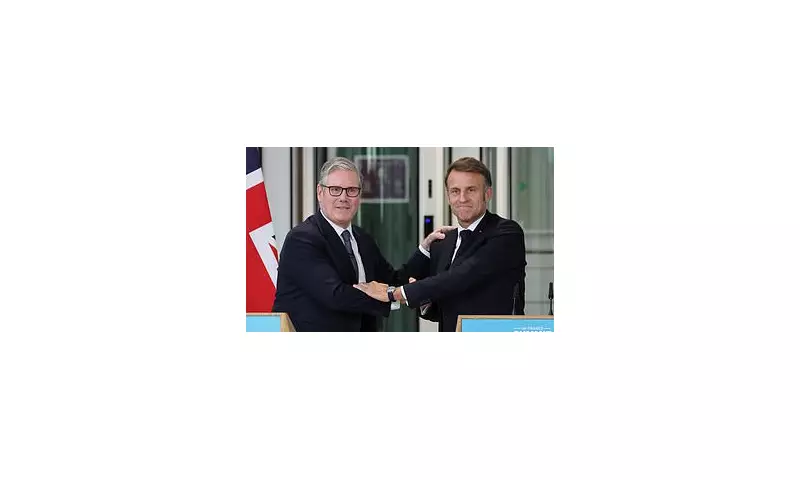
In a significant setback for the UK government's immigration strategy, a pivotal flight destined to carry migrants from Britain to Rwanda has been abruptly grounded. The cancellation comes not from domestic courts, but from an unexpected legal challenge mounted by French lawyers across the Channel.
The dispute centres on a specific clause within the UK's agreement with France, which the French legal team successfully argued against in their own courts. This intervention has thrown the high-profile deal, a cornerstone of the Conservative Party's pledge to 'stop the boats,' into immediate disarray.
A Deal Unravels Across the Channel
The now-blocked arrangement was a key operational component of the wider Rwanda asylum plan. It was designed to facilitate the swift removal of individuals who had made the journey across the English Channel. The legal victory in France effectively severs a critical link in the logistical chain, leaving the UK's Home Office scrambling for alternatives.
This development exposes the immense complexity and international legal fragility of offshore asylum processing schemes. It demonstrates how policies forged in Westminster can be undone by judicial rulings in foreign capitals, creating a diplomatic and operational headache for ministers.
Government Reaction and Mounting Pressure
The Home Office has acknowledged the flight's cancellation with evident frustration. A government spokesman stated the move was made 'reluctantly and due to a legal challenge in France', emphasising their commitment to 'stop the boats and our partnership with Rwanda'.
However, critics of the scheme have seized upon the event as proof of its fundamental unworkability. Opposition parties and refugee charities argue that the government is wasting millions of taxpayer pounds on a policy that is ethically questionable and logistically fraught. They are reiterating calls for the focus to shift to clearing the massive backlog of asylum claims within the UK itself.
This legal obstacle arrives at a politically sensitive time, placing renewed pressure on Home Secretary Suella Braverman and Prime Minister Rishi Sunak. With the next general election looming, the ability to deliver on this flagship promise is seen as critical by many within the governing party.
What Comes Next?
The future of the UK-Rwanda agreement now hangs in the balance pending further legal assessments. The government must decide whether to renegotiate the terms with France or pursue a different tactical approach altogether.
This incident guarantees that immigration will remain at the forefront of political debate, underscoring the fierce legal and international battles being fought over the UK's borders. The standoff proves that the journey to Rwanda for asylum seekers is being challenged every step of the way, both at home and abroad.





